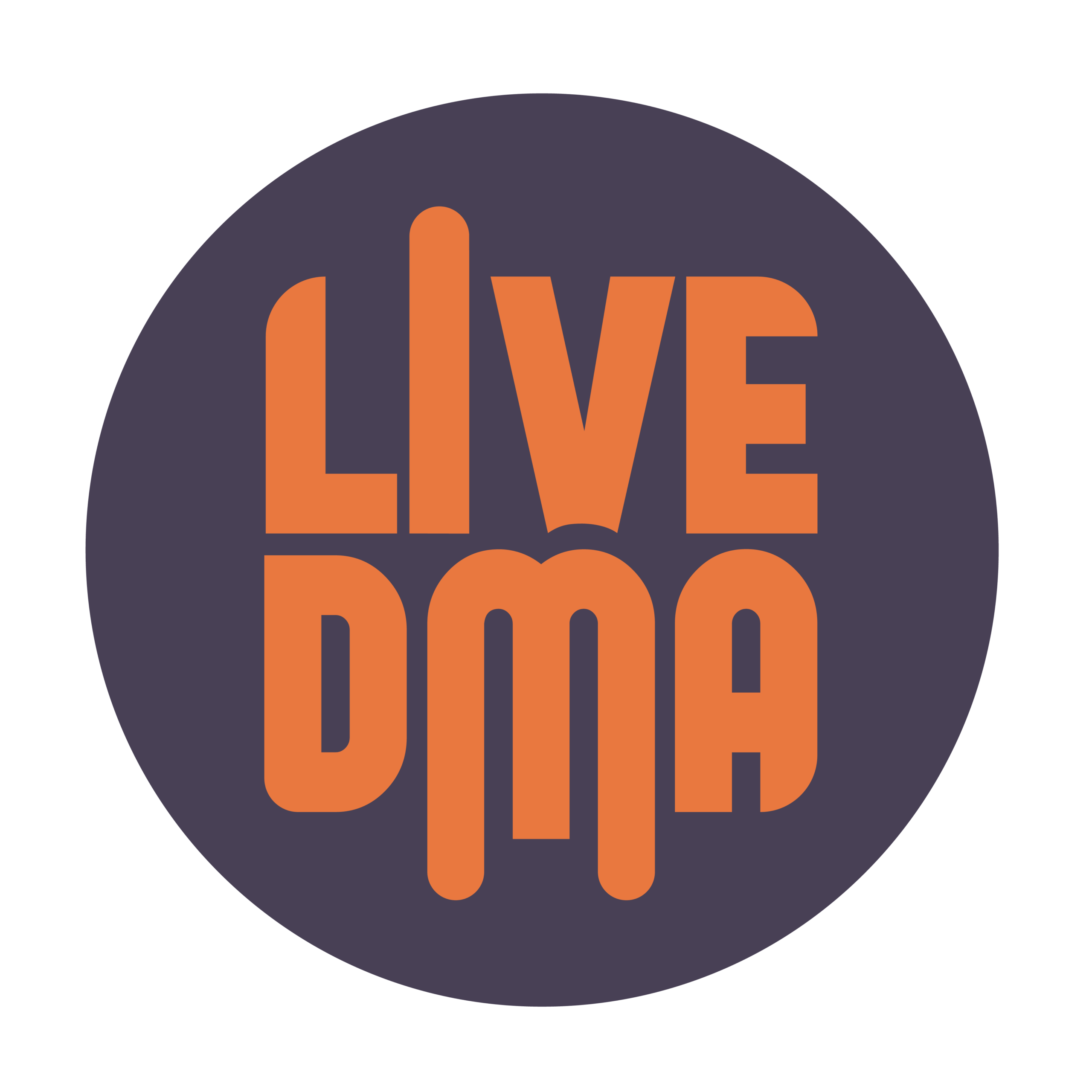
Sound Diplomacy published the Music Cities Resilience Handbook – a practical guide to support cities in setting up resilient music policy.
[button url=”https://static1.squarespace.com/static/593eb2a837c58172ed556cbb/t/5ebd1d602f626208cfb51a70/1589452149492/Music+Cities+Resilience+Handbook.pdf “]Download the Better Music Cities Guide in pdf[/button]
[button url=”https://live-dma.eu/wp-content/uploads/2020/10/MUSICCITIESResilienceHandbookFrench.pdf”]Download the Better Music Cities Guide in French[/button]
[button url=”https://live-dma.eu/wp-content/uploads/2020/10/MUSICCITIESResilienceHandbookSpanish.pdf”]Download the Better Music Cities Guide in Spanish[/button]
[button url=”https://live-dma.eu/wp-content/uploads/2020/10/BetterMusicCitiesHandbook-Italian.pdf”]Download the Better Music Cities Guide in Italian[/button]
More information on sounddiplomacy.com/better-music-cities
A short peek into the report
Introduction – Setting the stage
The global outbreak of the Covid-19 pandemic revealed that:
- The global arts, music and cultural industries were poorly prepared to withstand such a crisis.
- Throughout the COVID‑19 crisis, we are increasingly coming together through arts, music and culture.
- We do not treat arts, music or culture as essential. But their output as commodities is proving essential.
Part 1 – Introducing the Greater Paradox
- Arts, music and culture are public good. All of us rely on it with the belief that it is always there, and always will be.
- In crisis, we rely on what we know – if we turn to music in times of need, we will keep turning to music in times of need.
- The economic growth experienced by these sectors is evident and well documented. Yet, we ignore the economic factors needed to ensure arts, music and culture remain ubiquitous.
Sound Diplomacy calls these believes “The Great Paradox”:
The public is consuming art, music and cultural goods at an accelerated rate, but they are not contributing enough financially to ensure that the artists, musicians, and creatives whose work they are consuming can meet their own basic needs. For the vast majority, their art is not paying the bills, nor are the second and sometimes third jobs they have to take, just to retain their ability to create.
Part 2 – What We Have Done Isn’t Working
The plight of musicians and the overall music industry during COVID‑19 is demonstrating the impact that music has on society and our collective failure in supporting it. We lack resilient policies, partnerships and programs.
Part 3 – Music Cities Resilience Plan
The Manual proposes a nine point plan:
1. Put artists to work: incentivise creation from crisis
2. Convert creativity into community investment vehicles
3. Create a city music registry
4. Start a cultural infrastructure plan
5. Create emergency preparedness plans (venue, event, city-wide)
6. Ensure music, arts and culture language is included in policy frameworks
7. Commit to genre agnosticism
8. Plan and develop a night time economy policy
9. Set-up city-wide artist compensation policies, music liaison services & fair play schemes
Disclaimer: The information and pictures used in this post are drawn from the Music Cities Resilience Handbook. This post intends to inform about the Music Cities Resilience Handbook and share the findings.
